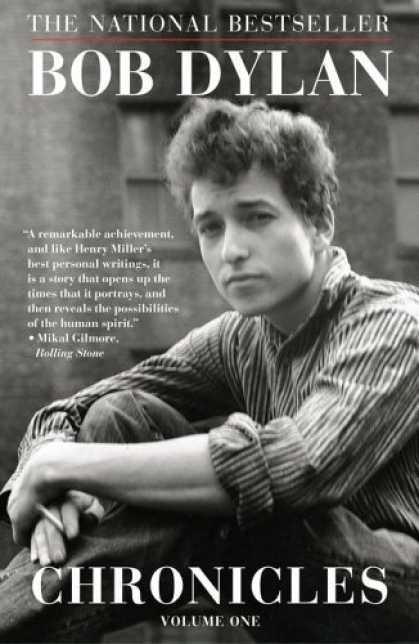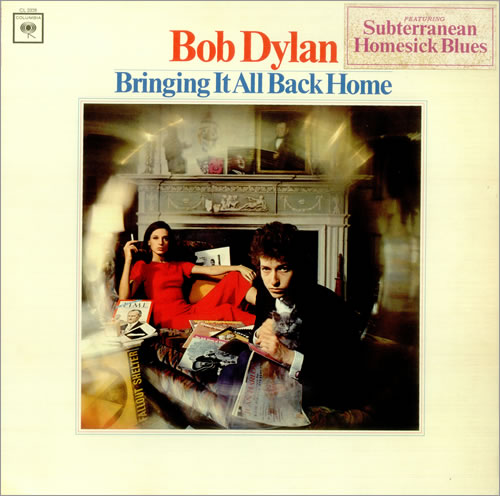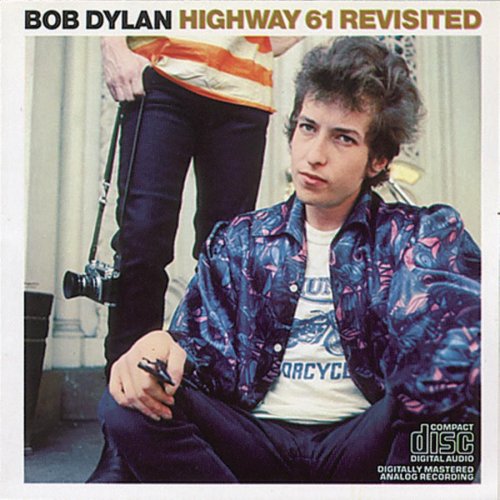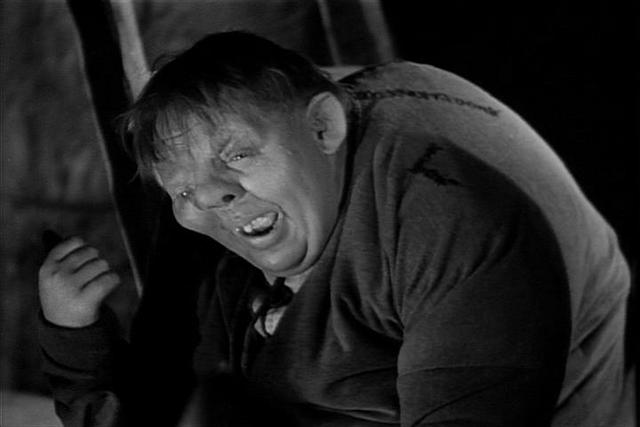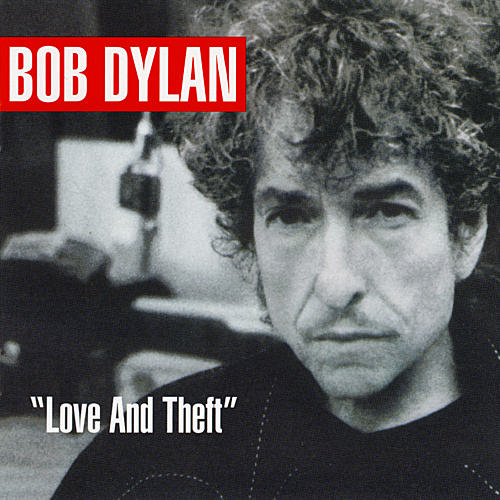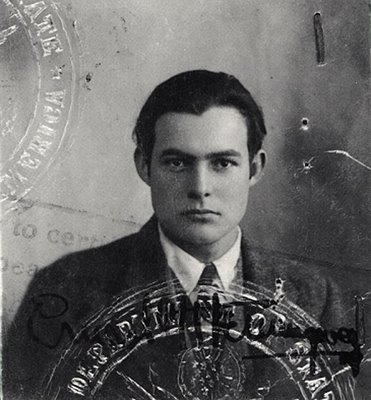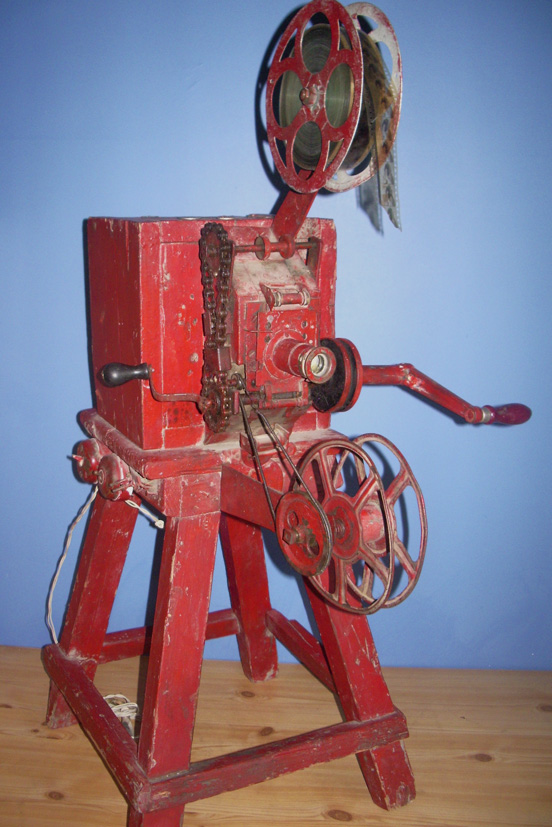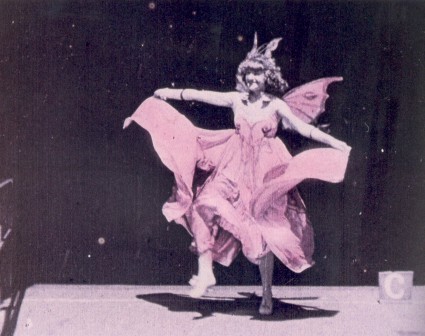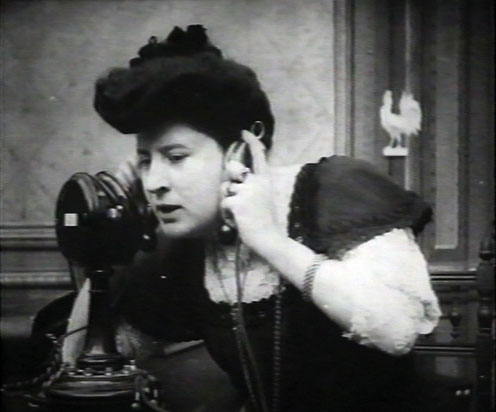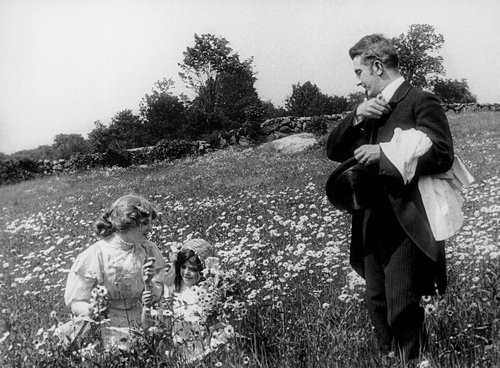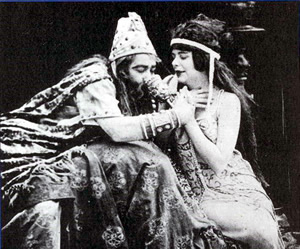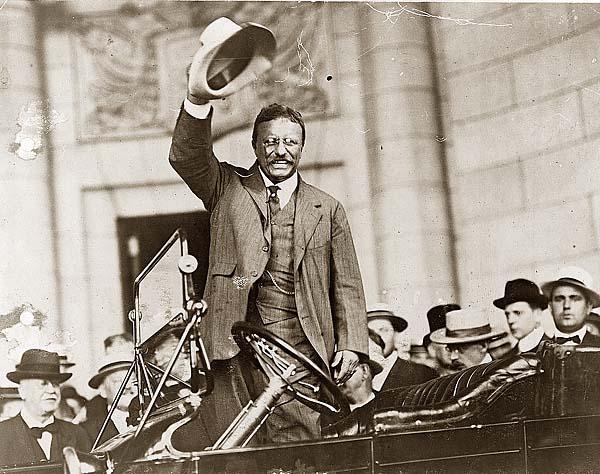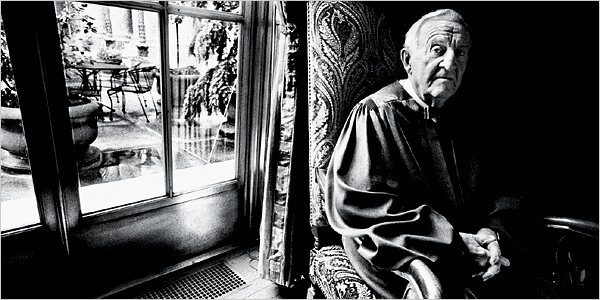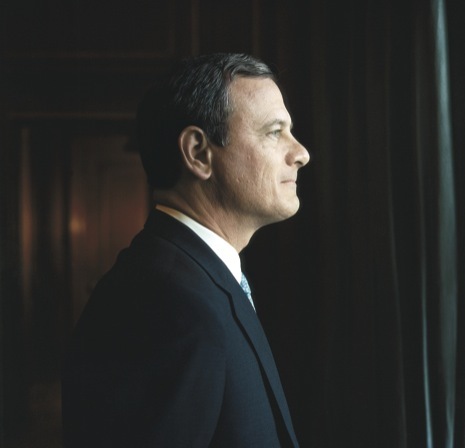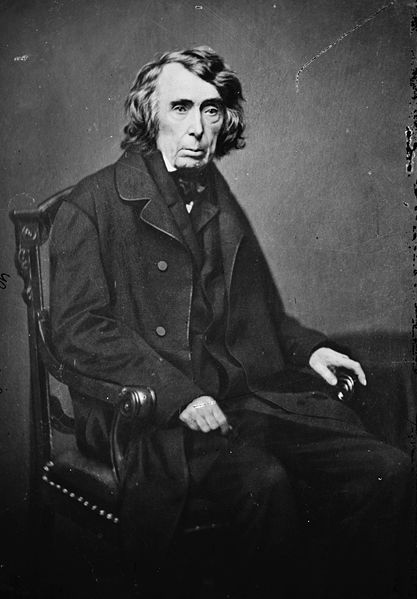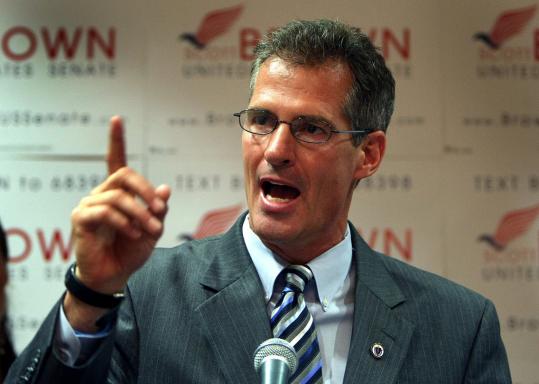Although it has its defenders (Johnathan Rosenbaum among them), Nicholas Ray's 1958 film Party Girl hasn't got nearly the reputation it deserves. On the surface it has a familiar plot — a mob lawyer motivated by love to break free of his past — and it's a period film, set in gangland Chicago in the 1930s. It's shot in Cinemascope and Metrocolor. For all that, it's pure Fifties, and very noir. In traditional movies with the same theme, even Polonsky's dark Force Of Evil, a decent world is waiting to embrace the repentant mobster. In Ray's film, as in all real noirs, things aren't so simple. The cops are bunglers, the moral lines are always blurred — at the climax, the hero makes a last desperate attempt to save himself and his true love with yet another phoney lawyer's trick, just like the ones he used to save guilty thugs from justice.
The tone of the whole film is brutal, cynical — the world it depicts is a maze with no center, no escape . . . except one, the love of a good woman. The good woman, contrary to the conventional wisdom, is a recurring type in films noirs — almost as common as the femme fatale. We find her in classic noirs like The Dark Corner and Ray's own On Dangerous Ground — a force of salvation for the boxed-in, royally fucked male protagonist. In this film, Cyd Charisse's good girl is not so good — she's as cynical and lost as Robert Taylor's corrupt lawyer. The role is a perfect fit for Charisse's slightly opaque screen persona, and a perfect match for Taylor, who can be equally opaque.
Their somewhat wooden styles, as Rosenbaum points out, have never been put to better use dramatically. It's actually touching when they recognize each other as kindred spirits — people in whom the flames of hope and passion have been all but extinguished. Their psychic wounds are mirrored in recurring images of physical disfigurement — in Taylor's slightly crippled leg, in the threat of using acid to mar the mask-like beauty of Charisse's face.
The Metrocolor isn't used for glamor. The colors are garish, lurid, sometimes deranged. The film was produced by Joe Pasternak, who usually handled musicals at MGM. Charisse, who plays a showgirl, is given a couple of production numbers that look like the covers of Les Baxter LPs come to life. The choreography is crude but shows off Charisse's icy erotic quality to great effect — the numbers are almost like parodies of Minnelli's exotic style.
Ray uses Cinemascope brilliantly, with lots of subtle camera moves that quietly direct our attention to action unfolding within the wide frame. There's a powerful gangland rub-out montage that almost certainly influenced the one at the end of Coppola's The Godfather. There are first-rate performances in supporting roles by Lee J. Cobb and John Ireland.
It's a great film, one of Ray's best, and is now available on DVD for the first time through the Warner Archive. Fans of Ray and of film noir in its last, Baroque phase (best exemplified by Welles's Touch Of Evil) shouldn't miss it.






